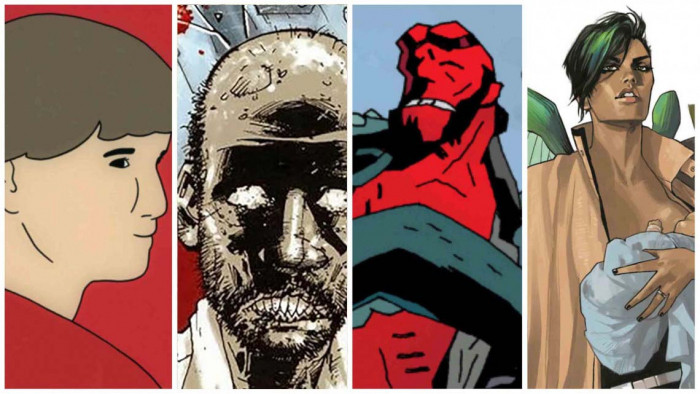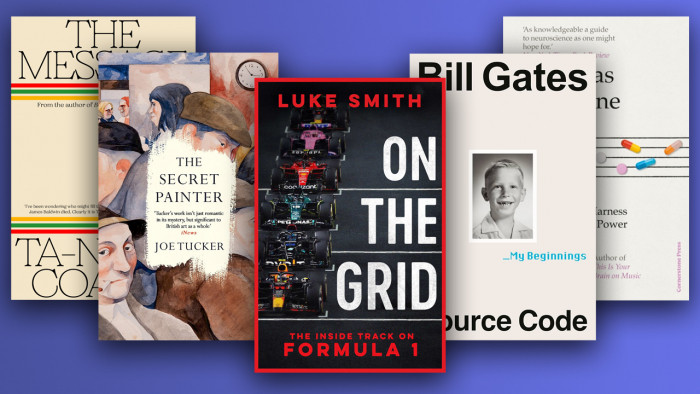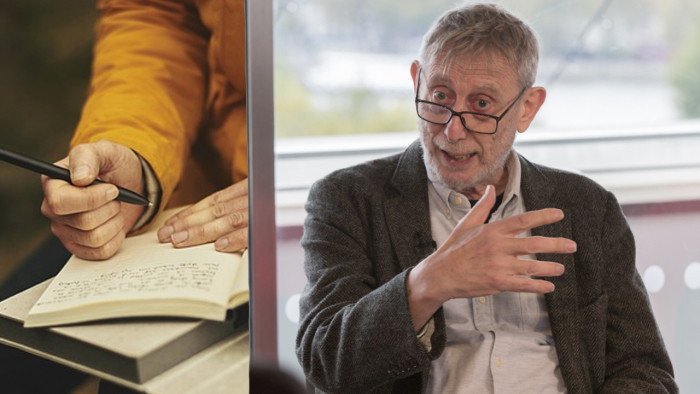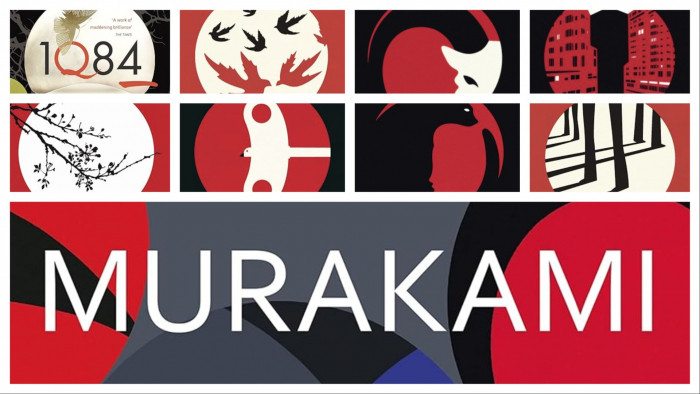15 Things You (Probably) Didn't Know About Macbeth
15 Things You (Probably) Didn't Know About Macbeth


Shakespeare's murderous monarch and scheming wife will be seen on screen once again on 2 October, played by Michael Fassbender and Marion Cotillard. To tide you over, here are 15 things you probably didn't know about one of the Bard's most famous tragedies.
Let's see how many of these you remember from school.
TAKE THE ULTIMATE MACBETH QUIZ HERE
(Images: Rex & All Star)

1.
The Queen in Disney’s Snow White and the Seven Dwarfs uncanny resemblance to Lady Macbeth is no coincidence. Walt Disney purposely emulated Lady Macbeth's on screen persona and was even quoted as envisioning the Evil Queen as “a mixture of Lady Macbeth and The Big Bad Wolf”.

2.
Yes, Macbeth was loosely based on a real person, but Shakespeare took inspiration from a number of other sources to pen Macbeth as well. Raphael Holinshed's Holinshed Chronicles, which featured detailed accounts of Scottish history and mythology became a primary source. Macbeth also incorporated Reginald Scot’s Discovery of Witchcraft and King James I’s Daemonologie, which as you can probably guess from the name, dealt with the finer details of magic witchcraft.

3.
Michael Fassbender will be the fourth X-Men actor to play the role of Macbeth when the big budget adaptation opens in cinemas next year. Following Sir Ian McKellen in 1979, Patrick Stewart in a TV movie in 2007 and James McAvoy on stage in 2013.

4.
Although Macbeth features 5 acts, 21 scenes and 17,121 words in total, it is in fact one of Shakespeare's shortest plays and is in turn almost half the length of Hamlet. It's often thought that the character of Hecate was later added in partly due to the plays short length.

5.
One of the play’s most famous quotes “Something wicked this way comes” became the title of a fantasy book by Ray Bradbury, and was later adapted into a live action Disney film in the 1983. It’s also the title of various songs by TLC, Souxsie and the Banshee’s and 2006 Eurovision winners Lordi to name a few. We can't imagine just how similar any of those sound however.

6.
Although the three witches are referred to as “The Weird Sisters” throughout, Shakespeare meant anything but “strange”. Weird, taken from the Anglo-Saxon word “wyrd” means “fate” or “destiny”, referring to the sisters ability to tell the future.

7.
Both the novels Moby Dick by Herman Melville and Patricia Highsmith's The Talented Mr Ripley are both inspired by Macbeth. Ahab's subversion of the world's natural order in Moby Dick along with Dickey Greenleaf's offing and the rising body count at the hands of Ripley in the latter are both direct references to the play.

8.
Widely known as simply The Scottish Play due to being considered bad luck, those appearing in stage versions of Macbeth...sorry... The Scottish Play, would be required to perform a ritual to prevent anything bad happening on stage. Although there are many different versions of the ritual, one of the most common is to run around the theatre building, turn around three times, spit, and then ask permission to re-enter. A simplified version consists of walking three times in a circle anti-clockwise, using a curse word and then spitting. Thoroughly confusing stuff indeed, which begs the question - which version is the correct one? And if there is only one correct version, all are other versions null and void from banishing bad luck? Mind boggling.

9.
The Simpsons episode "The Regina Monologues" sees the family travel to London, only to run into Sir Ian McKellen outside a theatre about to perform Macbeth. But not until after spotting Tony Blair and J.K Rowling, because of course, London really is that small. McKellen warns Homer against saying Macbeth, only to fail and to be splashed by a car and repeatedly struck by lightning.

10.
Although there have been a number of film adaptations of Macbeth, it is only Roman Polanski’s 1971 edition that came under fire for being too violent. A scene in which Macbeth murders King Duncan was even more gruesome for the film, despite not appearing in Shakespeare's version of the play in the same way. Both the Polanski and Orson Welles 1947 versions of Macbeth ended up as box office bombs, with the latter failing to recuperate its budget. Okay so we're beginning to see why the play might be cursed.

11.
French actress Sarah Bernhardt posed as Lady Macbeth in the Gower Statue of Shakespeare located in Stratford-Upon-Avon. With her hand firmly placed above her wrist representing tragedy, the statue stands with Hamlet representing philosophy, Henry V for history, and Sir John Falstaff for comedy. Bernhardt also went on to appear as Lady Macbeth in a French production of the play in 1899.

12.
Written between 1603 and 1607 it was one of, if not the first Shakespeare play to be written during Stuart's reign. The reigning monarch at the time, James I allegedly had a fascination with witches and made his position on crucifying them publicly known (in essence: he agreed to it).

13.
Perhaps the most bizarre adaptation of the play is the Billy Morrissette directed vehicle Scotland, PA. Taken out of its historic Scottish background, the narrative is placed within a 1970s fast food restaurant. Macbeth - or "Mac" as he's known, works at the burger stand with his wife Pat. Coaxing him into killing his boss Norm, and stealing the safe money in order to achieve bigger and better things, the film premiered at the Sundance Film Festival to mixed reviews. Scotland, PA'"' starred James Le Gros and E.Rs Maura Tierney, while also featuring Christopher Walken as Lieutenant McDuff.

14.
Although the true nature of Macbeth and Lady Macbeth were somewhat stretched, the character of Banquo remained similar to his historical counterpart, which also lifted from Holinshed Chronicles. Banquo was also a descendant of King James I, further tying Shakespeare's play with the nations monarch at the time.

15.
In 1948, Orson Welles directed an all-black production called Voodoo Macbeth. It was picketed throughout rehearsals as Harlem Communists tried to claim that Welles was casting black actors for a comic purpose. One protestor even tried to slash Welles' face with a razor. Ultimately, anger subsided and the play was a huge success. You can watch a clip here.








